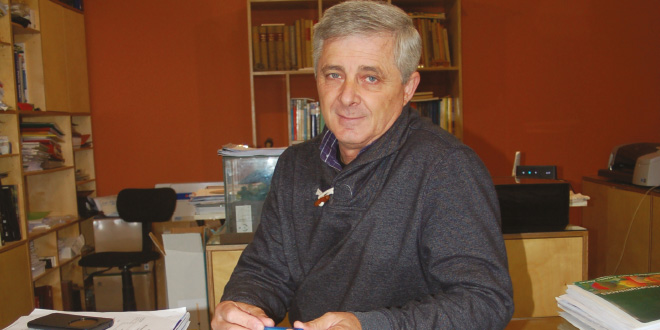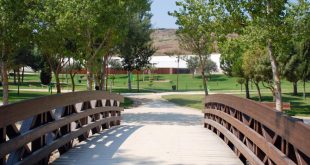Eric Castaldo is the architect of the planned project to build a cable car from Monchique to the 776-metre-high peak of Picota in the range of the same name. He has been living in Portugal for 44 years. He is French by birth and his wife is Portuguese. They have two children. He has had his own office in the village since 2000. This is where he does the architectural work that has made his name outside the country. His most important clients are Pestana, Oceânico and Vale do Lobo. ECO123 talked to him in his studio.
Is it a cable car to Picota that Monchique needs? Or is the ecological restoration of public and private buildings a greater priority, or a local sewage plant, for example?
The basic problem in Monchique is that there is not a single attraction for people, even though there are 1.5 million tourists a year. But life is based on the economic power of a region. If someone can find no economic future for their family, what do they do? They look for it elsewhere. They leave, which is what young people are doing en masse. If they aren’t interested in agriculture, they go to Portimão, Lisbon, Coimbra or Faro, or even to another country. They
look for opportunities that do not exist in Monchique.
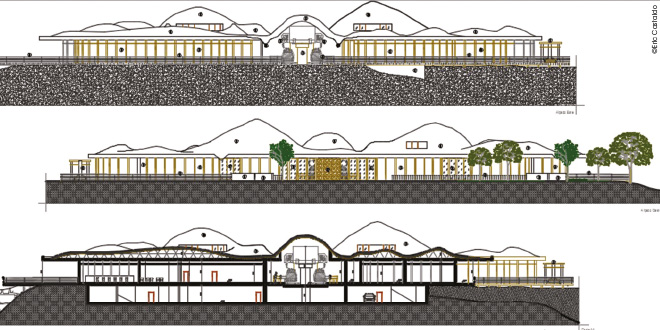
How many jobs will such a cable car create, and what sort of a job is that?
I don’t think about numbers of jobs. I am the architect. But they can only be jobs that are calculated seasonally, maybe 40 The cable car could run every day from the summer and into October, and in the winter just at the weekend.
At present Picota is still a paradise for nature-lovers and hikers. Nothing is built there at all.
The idea is to work up there with natural materials: not with concrete but with granite and wood. Those are materials from the region. The only hole that we intend to dig would be for the cable car post.
But what are we going to do with the ruins in Monchique? With the Casa do Povo, the convent? Do you have any ideas?
You shouldn’t ask me. You should ask the mayor. I have ideas of course, but I don’t decide. I had one person who was interested in the convent. He wanted to turn it into a cultural centre and invest four million euros: a hall for conferences and art exhibitions. The council and its mayor supported the idea. Meanwhile three years have passed and the person has gone elsewhere.
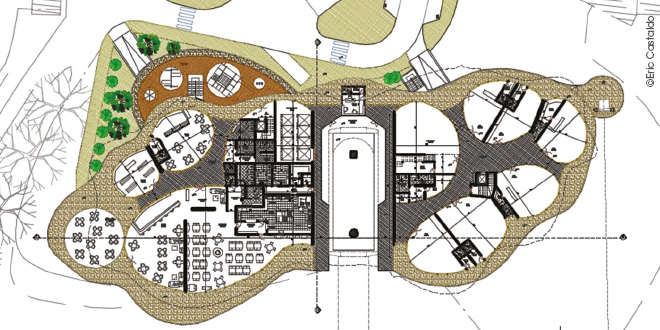
Do you expect your cable car project to be implemented a bit more quickly?
No. It has been with the council for analysis since 2014.
Has an interim decision been made?
No. Maybe we’ve been forgotten.
And how much capital is to be invested in the project?
Six million euros. It doesn’t matter how much money is involved. It isn’t right that we receive no answer. Everyone has the same rights and duties. It is also not politically correct to receive no answer.
Do you have an idea about why you are not being given an answer?
No, not really. In Monchique, building and architecture are all part of the mayor’s remit. There is Law 555, which establishes time limits for concession procedures by local authorities. But these deadlines are very often exceeded in Portugal. This could be because files are simply not passed on, because work isn’t delegated, because departments and authorities don’t communicate or cooperate with each other, because those who hold the power in the council aren’t interested in the work or don’t support projects, or else don’t recognise their importance. One example: the environmental impact analysis of a construction project is valid for a maximum of one year. After that, it has to be renewed again. If I received approval for the cable car today, I would have to submit the whole project to the ICNF and the CCDR again and have its environmental impact checked again. That not only costs a lot of money, the whole project is also at stake.
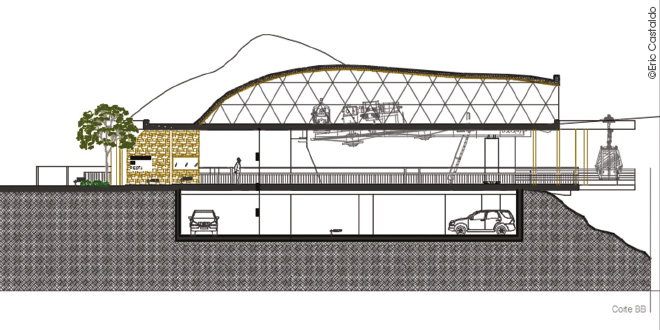 Tem muita experiência com inúmeras obras. E a Câmara Municipal de Monchique já tem, desde 2014, a decisão pendente se quer o teleférico ou não…
Tem muita experiência com inúmeras obras. E a Câmara Municipal de Monchique já tem, desde 2014, a decisão pendente se quer o teleférico ou não…
É isso. É um problema na delegação dos poderes. Não pode ficar tudo entregue só a uma pessoa. Assim, as coisas simplesmente não funcionam. Junta-se a isso o facto de uma só pessoa dificilmente dispor de todo o conhecimento e informação.
Muito obrigado por esta conversa.
 Eco123 Revista da Economia e Ecologia
Eco123 Revista da Economia e Ecologia

